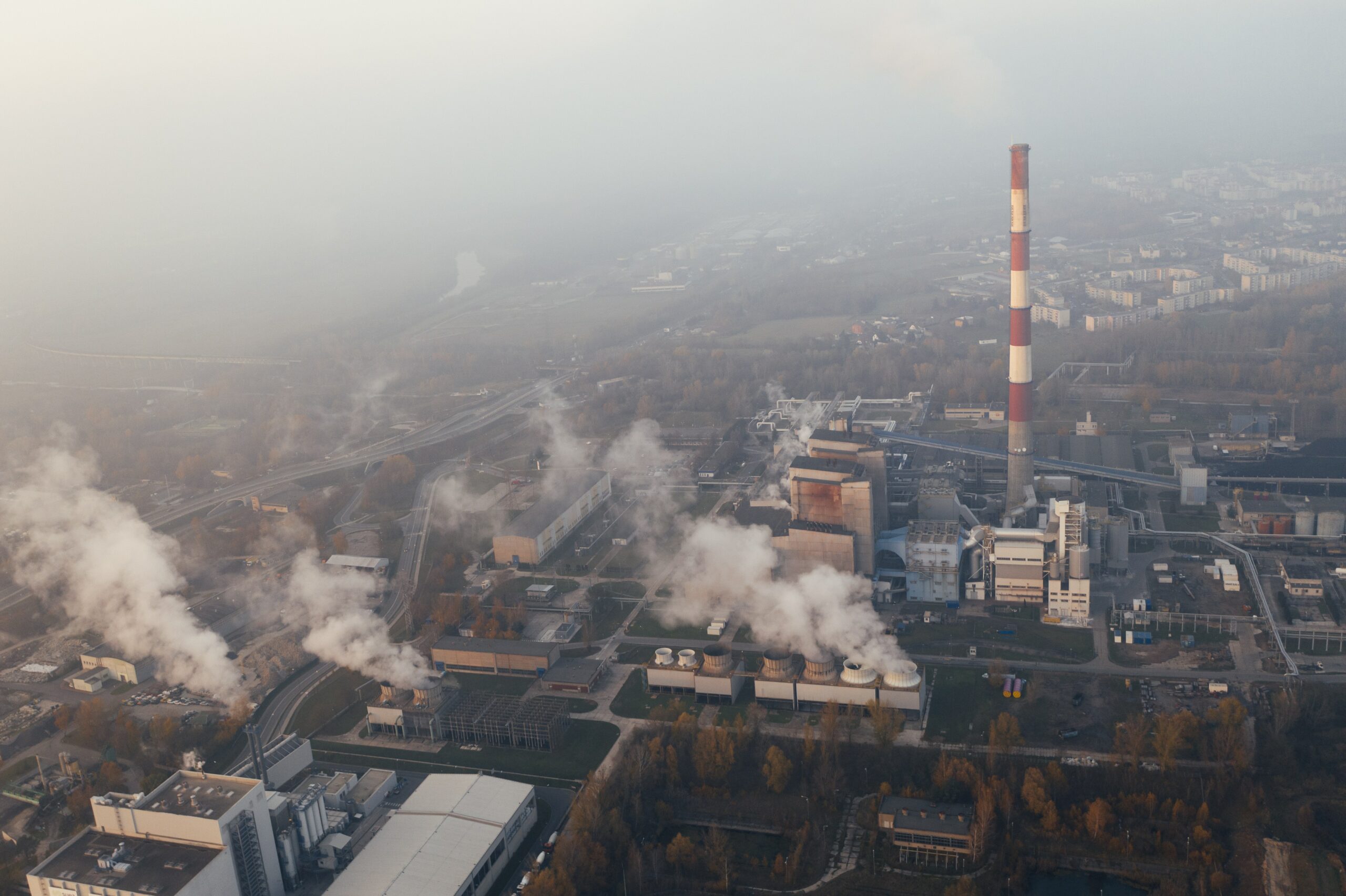Technical training workshop on Indicator 12.c.1 of the Sustainable Development Goals
Amount of fossil-fuel subsidies per unit of GDP (production and consumption)
27 September 2022, 8am – 9.30am Bangkok time (GMT +7 hours)
28 September 2022, 8am – 10am Bangkok time (GMT +7 hours)
The scale and impact of fossil fuel subsidies imply challenges and opportunities on the path to achieving the 2030 Agenda for Sustainable Development Goals (SDGs). The use of fossil fuels and their promotion through subsidy schemes can negatively affect the ability of governments to achieve key goals, and weighs heavily on the national fiscal balance. The need to reform fossil fuel subsidies globally was highlighted by the creation of SDG target 12.c on the rationalisation of inefficient fossil fuel subsidies, and its related indicator 12.c.1.
UNEP and UN ESCAP are co-organising a training for relevant stakeholders, with support from the Pacific Community, with the purpose of building the capacity of Pacific government offices in monitoring data related to the SDG 12.c.1 indicator.It will provide participants with a clear understanding of the topic of fossil fuel subsidies at a national level and in the Asia Pacific region, and guide them through the methodology and template developed for measuring fossil fuel subsidies through SDG12.c.1.
Day 2 –
Materials:
Agenda
Methodology on Measuring Fossil Fuels in the context of the SDGs
Day 1 –
– UN Economic and Social Commission for Asia and the Pacific (UN ESCAP) – Regional Perspective for Raising Climate Ambitions
– UN ESCAP – Statistical developments and SDG progress in the Asia Pacific Region
– Pacific Community (SPC) – SDG 12 in the Pacific Region and Future Development
– UN Environment Programme (UNEP) – Definitions and Concepts Related to the Measure of Fossil Fuel Subsidies in the Context of the SDGs
Day 2 –
– International Institute for Sustainable Development (IISD) – Measuring Fossil Fuel Subsidies by Type of Subsidies






